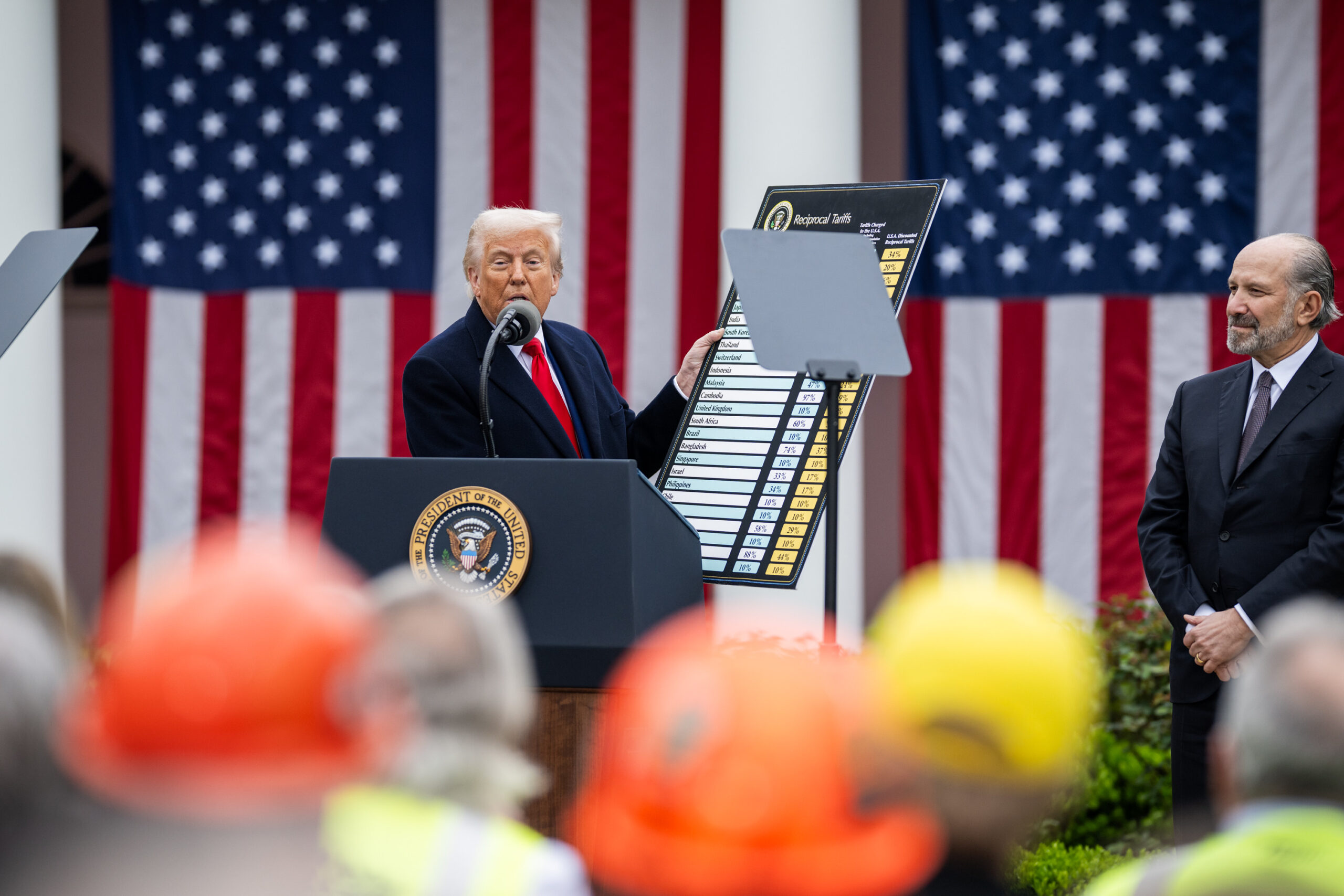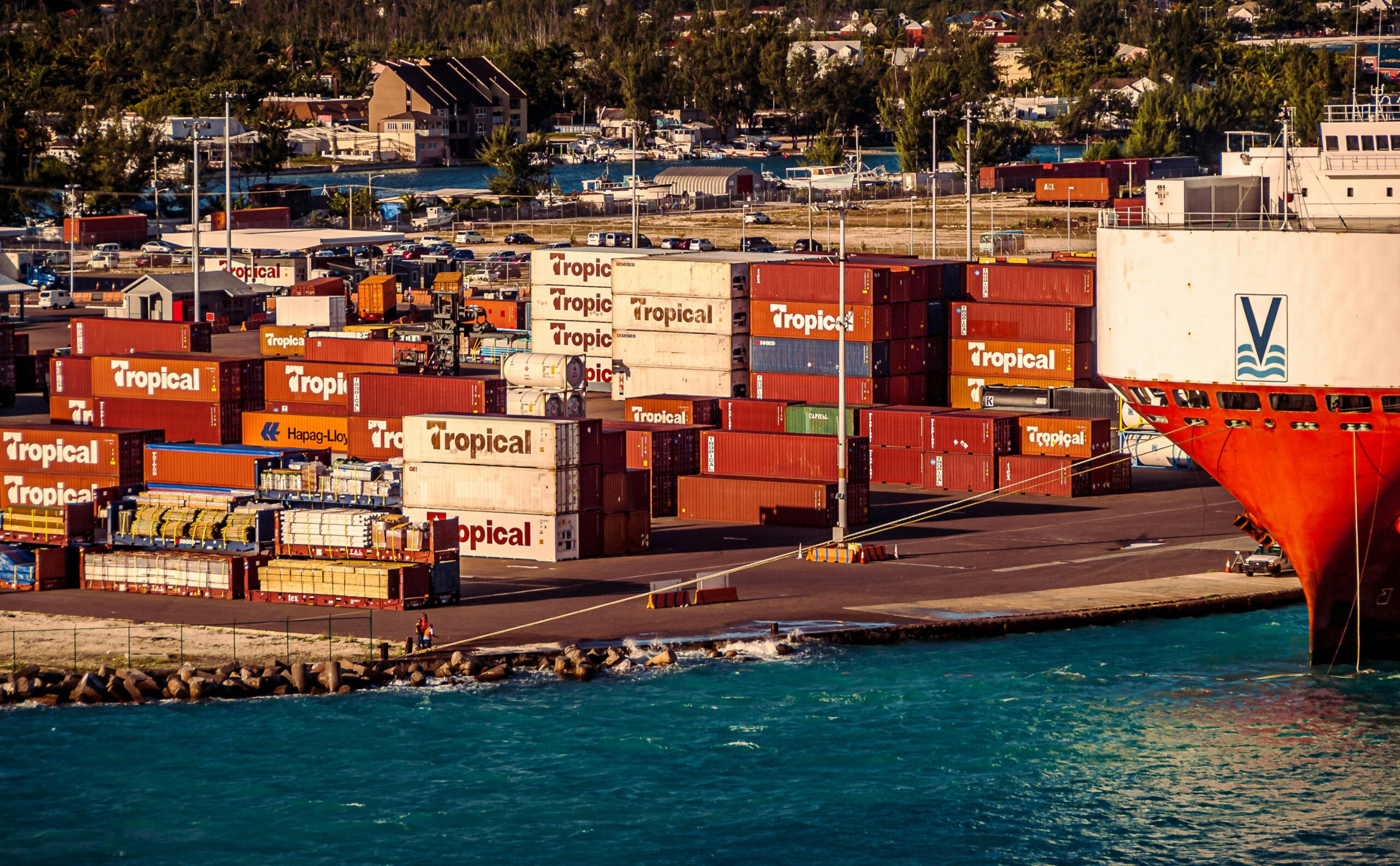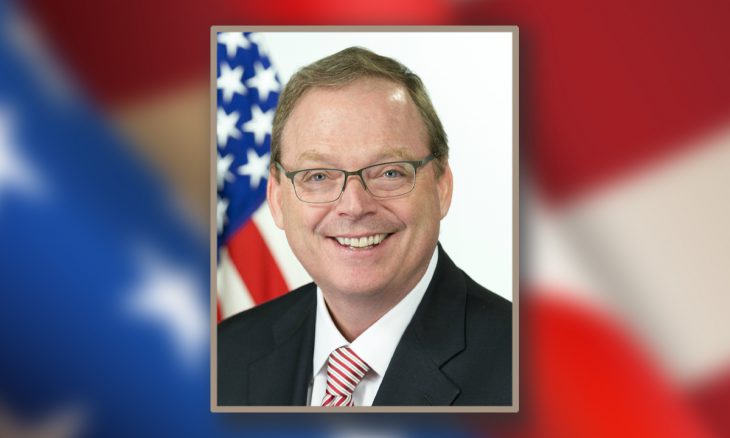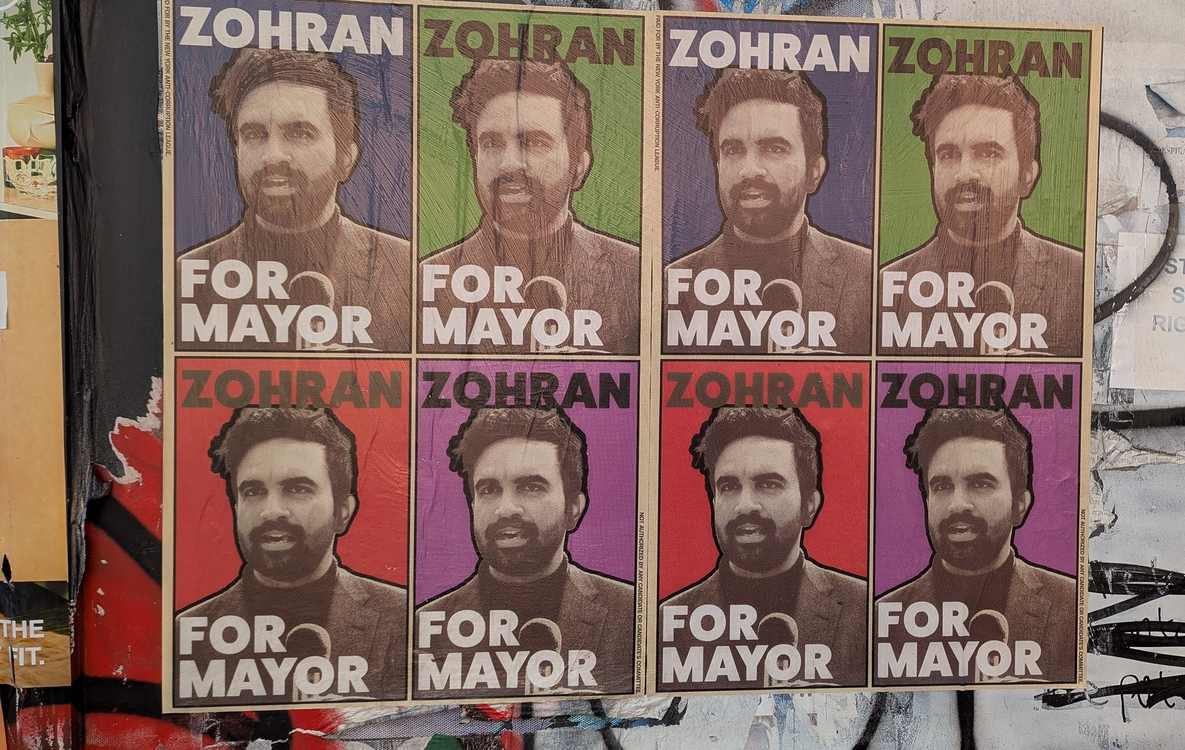The Trump reciprocal tariff regime could reduce the Federal budget deficit by $2.8 trillion over the next 10 years according to estimations in a recent report to the Senate by the Congressional Budget Office (CBO).
The CBO also estimated a reduction in real GDP by 0.6% over that timespan, as well as a rise in price inflation that would damage household wealth and consumer spending power.
Written before major ongoing agreements between Japan, the US, and other economies have concluded, the CBO admitted their estimates were subject to “significant uncertainty in part because the Administration could change how the tariff policies are administered,” an admission that reflects the motive among some East Asian economies to simply get out of the US market altogether.
The CBO also acknowledged that major tariffs of a similar nature to these have not been imposed in a generation and more, meaning little empirical data exists for them to accurately estimate with. They started with the assumption that all tariffs would be collected in all instances, itself a rather fanciful idea, but acknowledged that estimates had to include variations to account for consumers changing their spending preferences from high tariff goods to lower tariff ones.
The estimates also calculated a 0.9% additional rise in price inflation as measured by the Federal Reserve’s favored Personal Consumption Expenditure index (PCE), a result of upward pressure on prices driven by a reduction in supply from businesses and consumers opting out of importing tariffed goods they would otherwise have imported.
“Industries that produce goods that compete with imports will probably expand, whereas industries that chiefly produce exports or source a large share of their production inputs from abroad will probably contract,” the report read.
President Trump has been ensconced in recent budgetary negotiations over the “Big Beautiful Bill” to fund the US government at a higher level than ever before, an addition of debt and deficit spending which he claims the tariffs are supposed to offset.

Do the Hokey Pokey
On May 28th, the United States Court of International Trade, a federal court in Manhattan made up of three judges that handles disputes over customs and international trade laws, filed an injunction for the tariffs to be lifted and dismantled immediately.
The court ruled that the tariffs caused significant financial harm to the four clients of the Liberty Justice Center, a Libertarian-leaning advocacy organization which sued the White House for usurping the power of the Congress to impose tariffs. It also ruled that the law which Trump used to authorize the tariffs under was done so improperly.
Called the International Emergency Economic Powers Act (IEEPA) it allows the president to take economic actions normally reserved for Congress in the case of extraordinary economic emergencies. However the text of the law does not mention the word tariff, a measure delegated in the Constitution to Congress.
“IEEPA does not authorize any of the worldwide, retaliatory, or trafficking tariff orders,” the panel of judges, appointed by three different past presidents, said in its order. “The worldwide and retaliatory tariff orders exceed any authority granted to the President by IEEPA to regulate importation by means of tariffs. The trafficking tariffs fail because they do not deal with the threats set forth in those orders”.
Speaking with CNN Schwab said his clients hoped to gain a measure of certainty of their future business environment.
“They’re hopeful that these will be upheld by the appellate court so that they can continue their businesses with the certainty of what’s going to happen rather than the uncertainty of not knowing what the tariff rate is at any given time and whether it will change,” Schwab said.
Trump and his team raged against the decision, with one member calling it part of a “judicial coup” to restrain his administration. After the appeal was granted by the Circuit Court of Appeals, the president’s top trade advisor Peter Navarro said the administration was considering “all strategic options”.
“We will hear, within the next day or two, at a minimum, from the United States Trade Representative on how we will respond to all of this. We will respond forcefully, and we think we have a very good case with respect to this,” said Navarro. WaL
We Humbly Ask For Your Support—Follow the link here to see all the ways, monetary and non-monetary.



